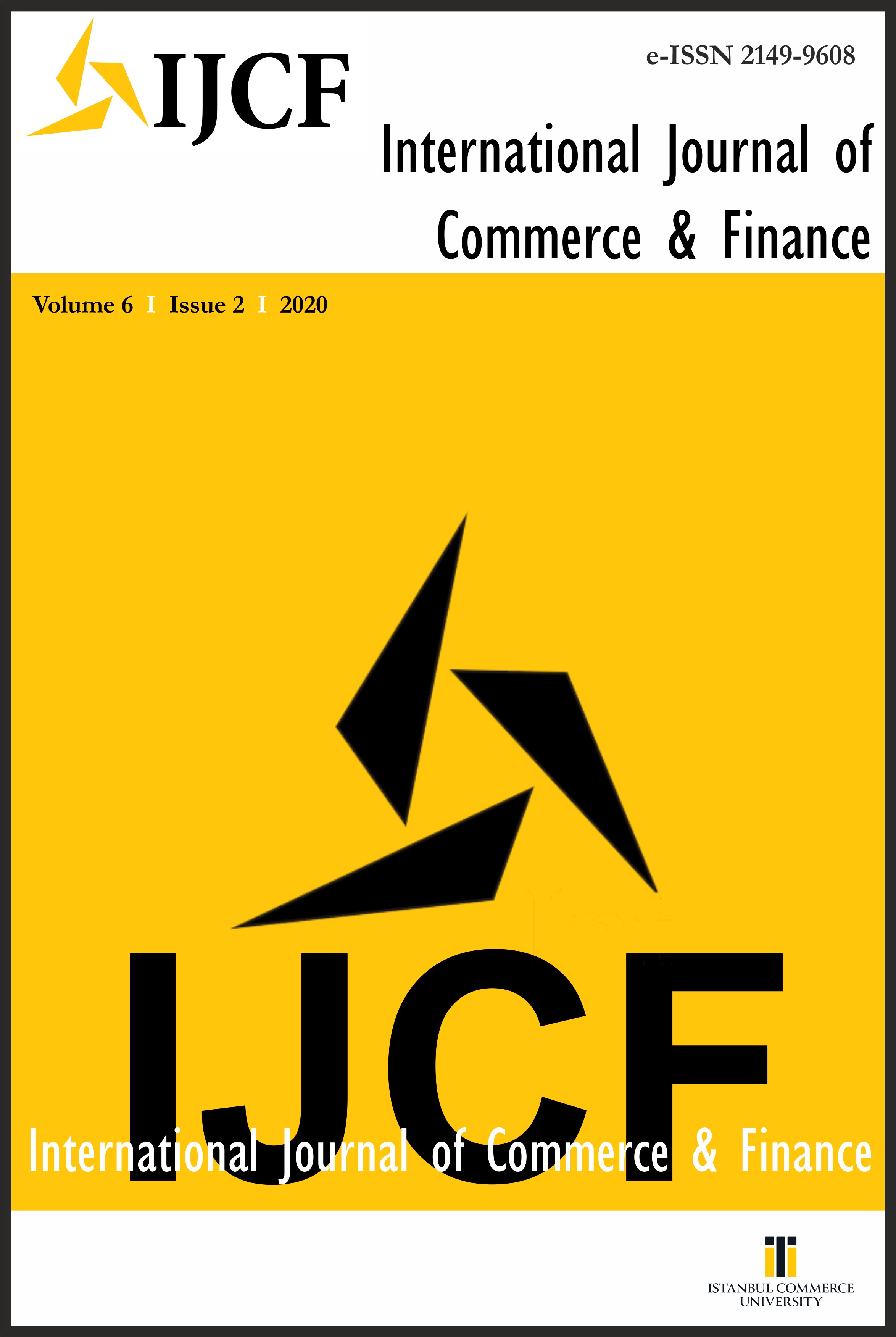Selectivity Skills of Mutual Fund Managers in India: An Analysis
Abstract
Stock selection is the nucleus in the investment management process. It involves identifying and selecting undervalued securities which among other things requires the successful forecasting of the company specific events or an ability to predict the general behavior of security prices in the future. If the fund manager is able to identify and select the undervalued securities for the portfolio, then it will be possible for the fund manager to increase the returns of the schemes and vice versa. In practice fund managers are expected to earn superior returns for unit holders consistently as being professionals therefore possess superior skills to collect and analyze the data with the purpose to select the right type of securities for the portfolio. The present work is based on the review of tens of studies both foreign and Indian studies relating to mutual funds. The mutual fund industry in India consists of public sector, private sector and foreign funds. All the three sectors were studied to compare the selectivity and timing performance on the basis of sponsorship of funds. However, from these only active funds belongings to Growth, Income, Balanced and Tax-Saving Schemes were selected for the study. In this paper stock selectivity skills of sample fund managers were tested by using Jensen’s Alpha and Fama’s net selectivity measure.
Keywords
Stock selection, Mutual Funds, Growth, Income, Balanced and Tax-Saving Schemes
Full Text:
PDFIndexing and Abstracting Services










Other Sources and Services



License

International Journal of Commerce and Finance is licensed under a Creative Commons Attribution-NonCommercial-4.0 International (CC BY-NC 4.0) License.
Mailing Address
| International Journal of Commerce and Finance Örnektepe Mah. İmrahor Cad. No: 88/2, Beyoğlu 34445 / İSTANBUL, TURKEY E-mail : hersoy@ticaret.edu.tr |



